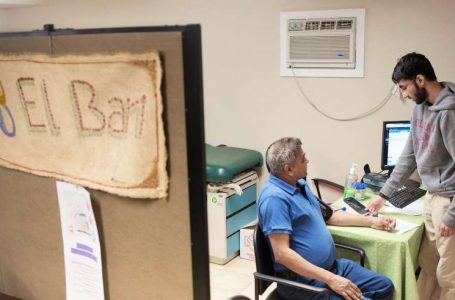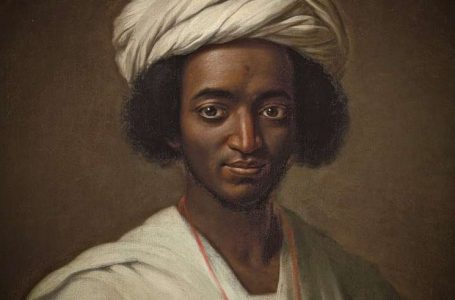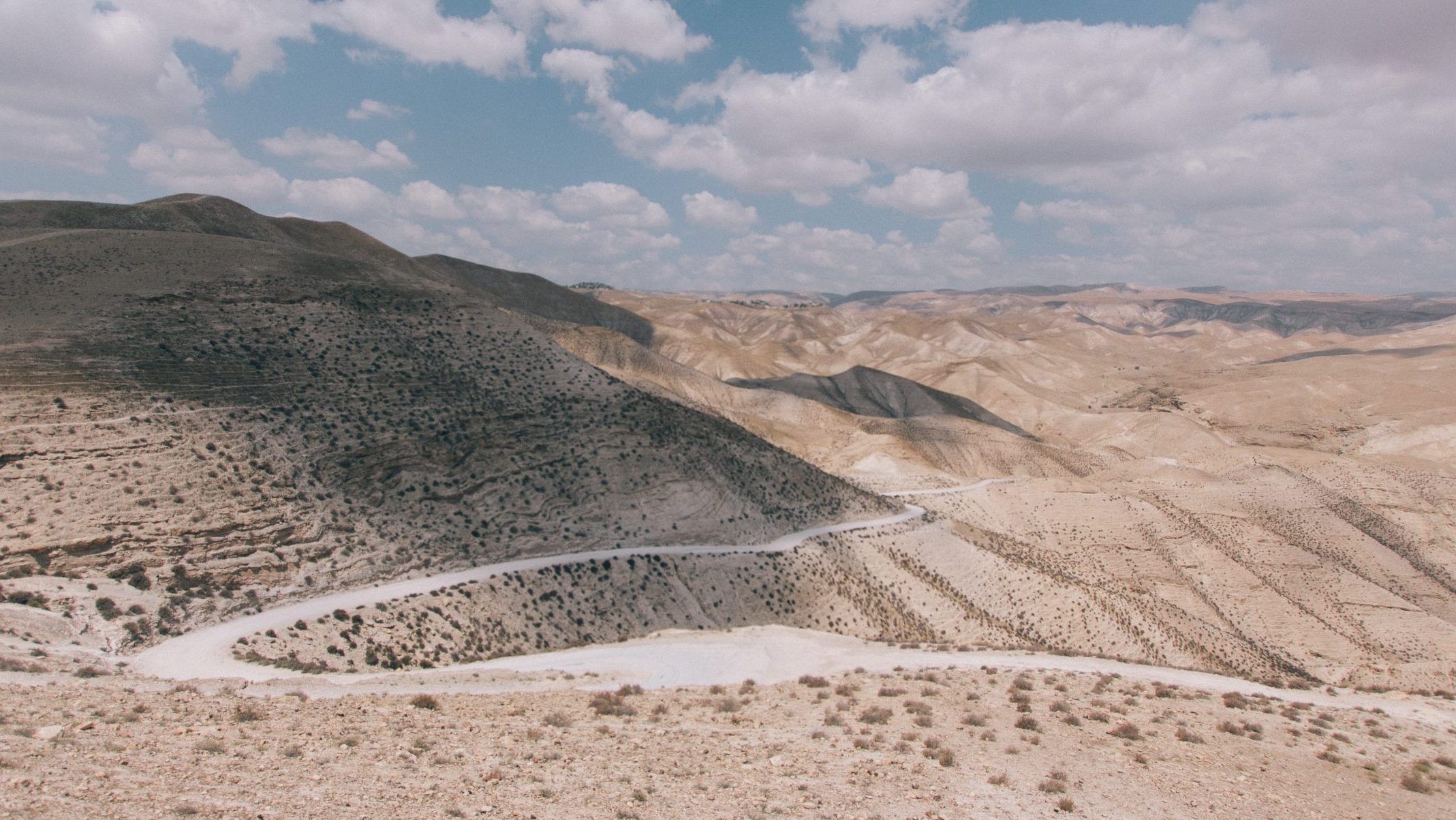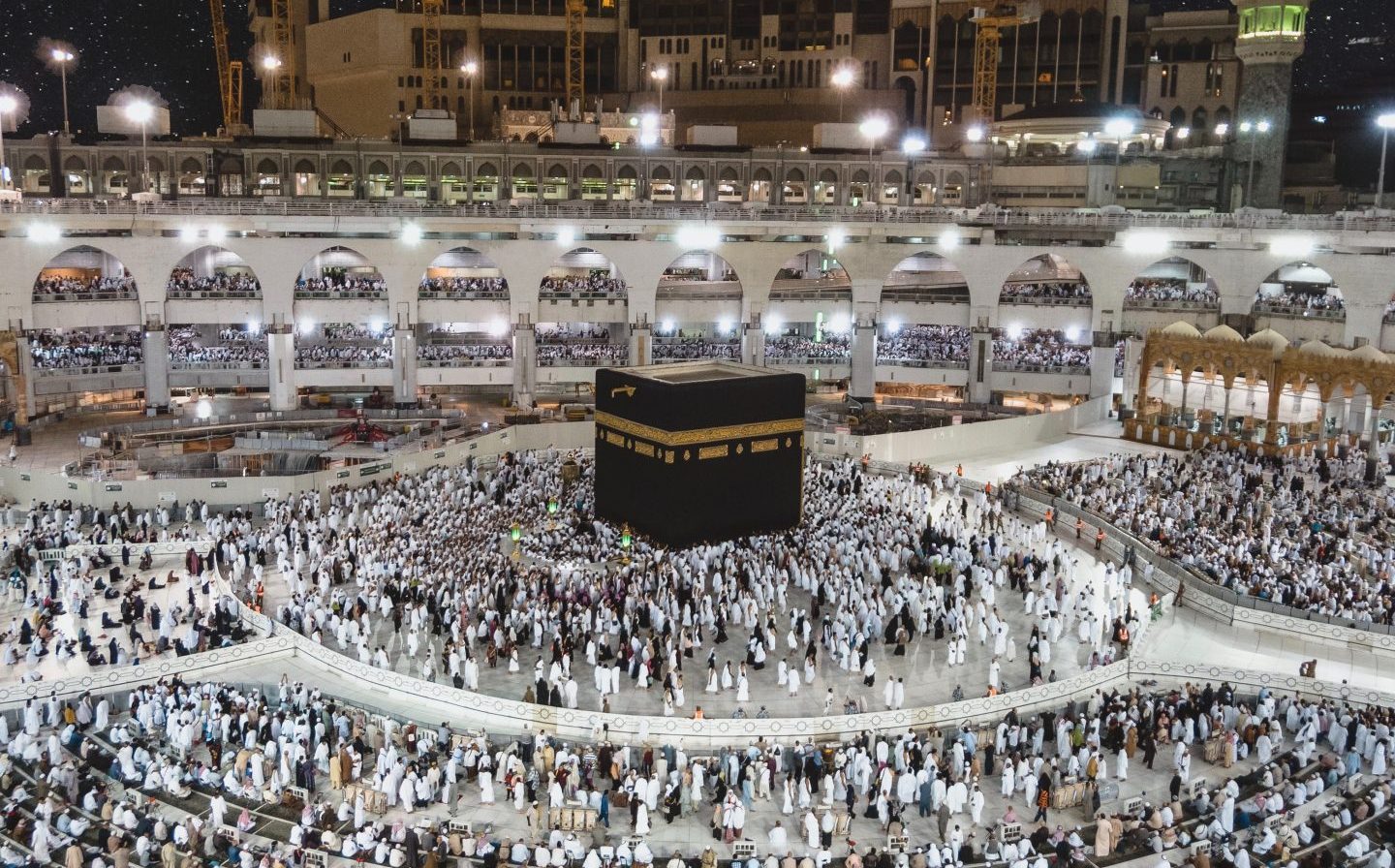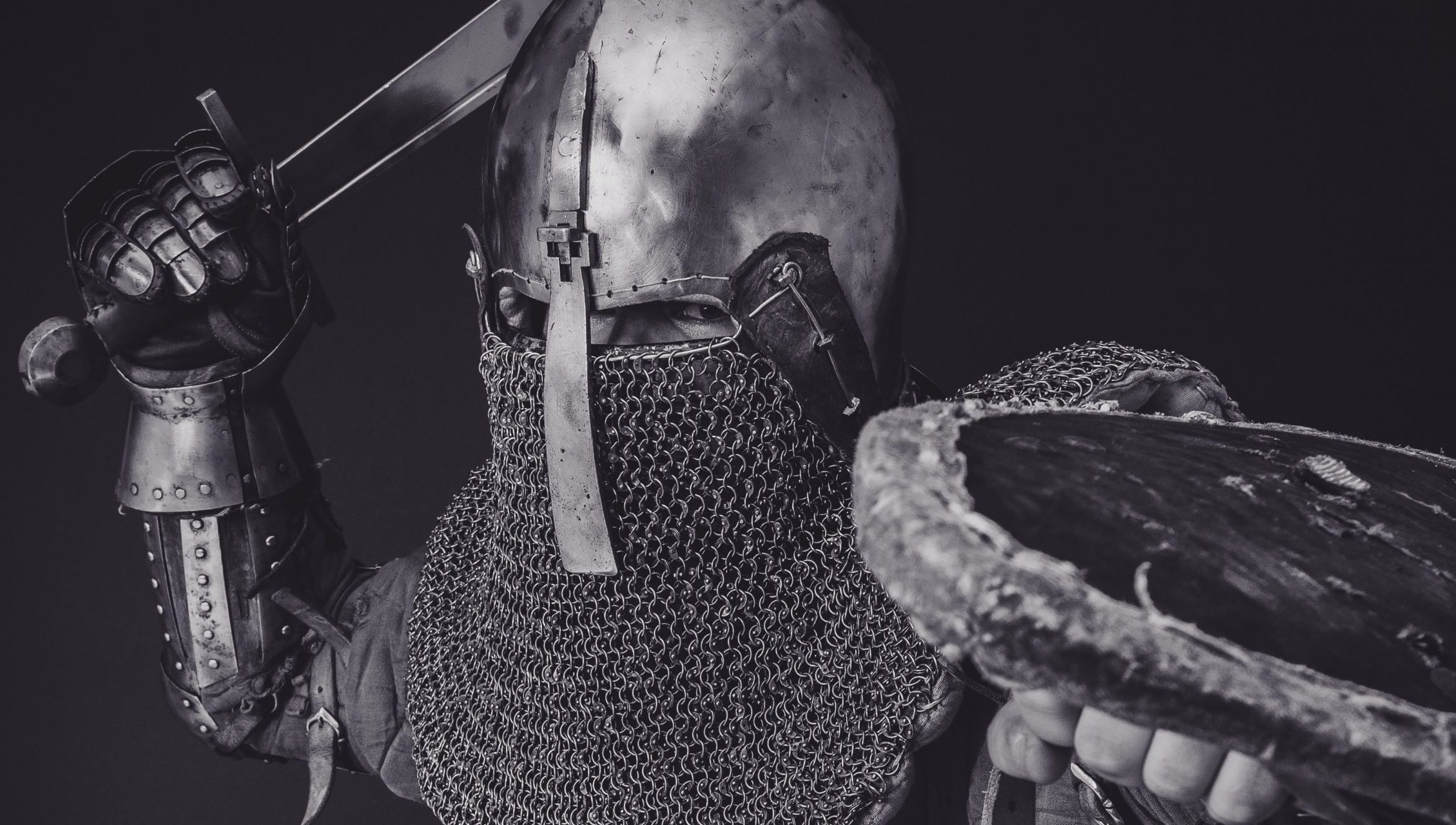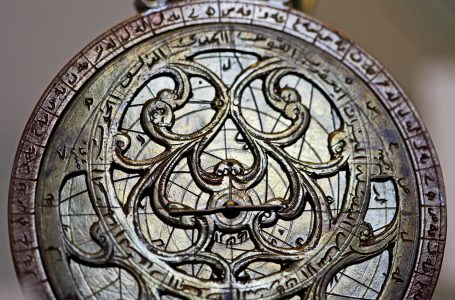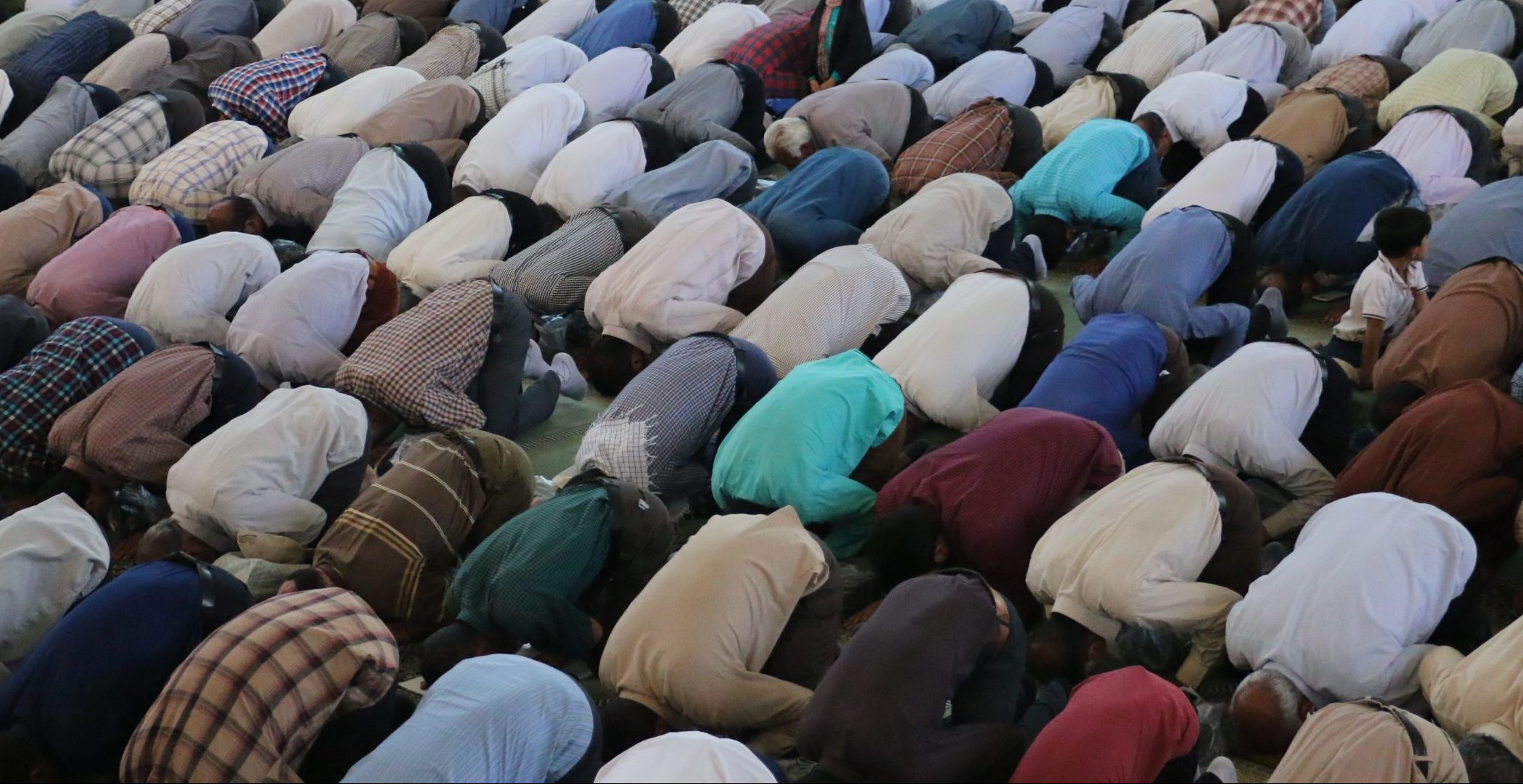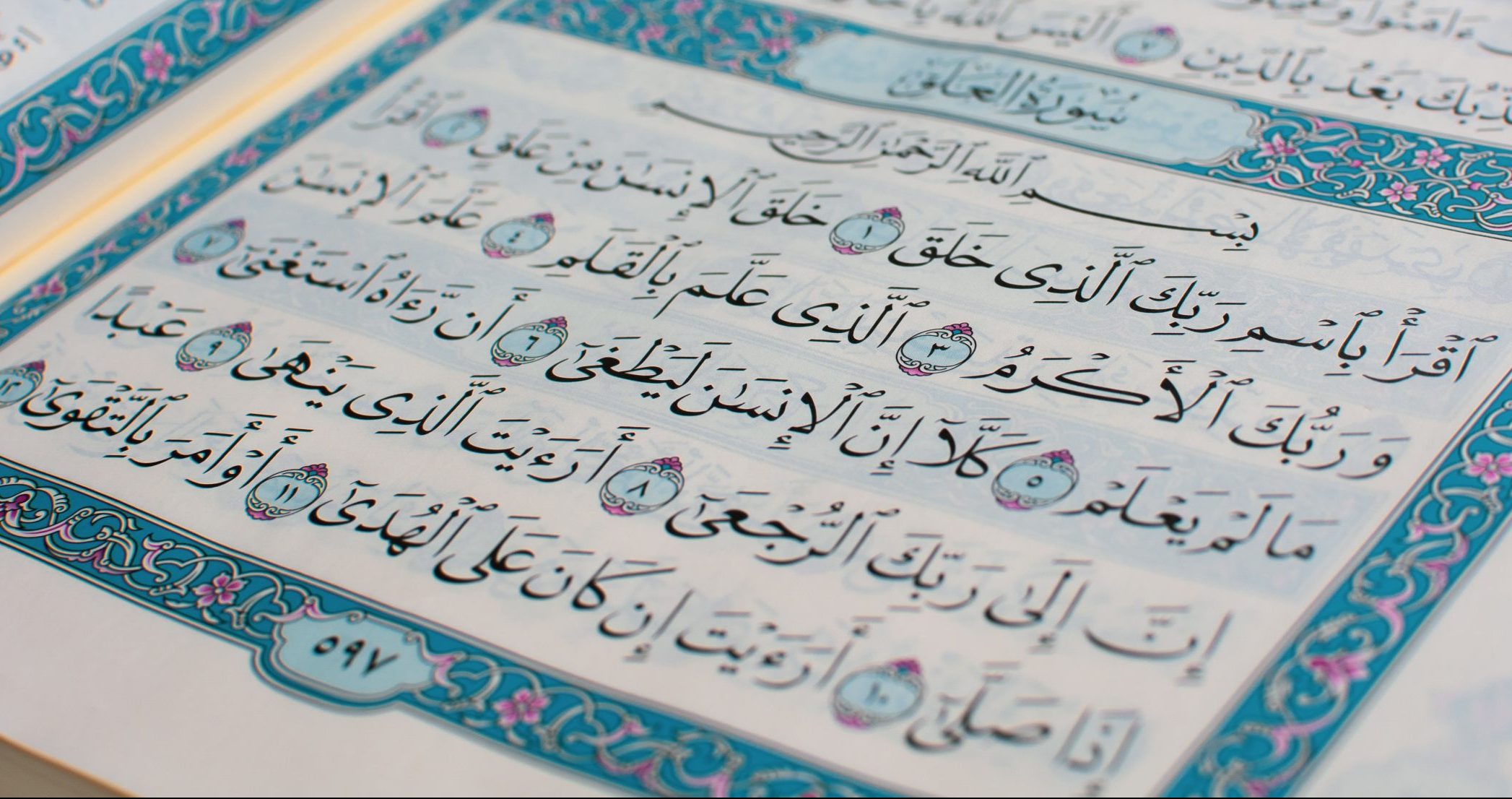Legacy of a Leader: Prophet Muhammad ﷺ The Prophet of Islam
Prophet Muhammad (Peace and blessings be upon him), above all else, was a great leader with a mission to deliver the message of Islam through the Quran which was sent as guidance to the world and to show humankind how to live. There is only one God to be worshipped and obeyed. Attain peace by sincere submission and obedience to the Creator. This was the message God chose Muhammad ﷺ to spread. When asked by a young man about Prophet Muhammad, ﷺ his wife Aisha replied,
Oh my son, do you not read the Quran? God says,
“AND VERILY, YOU (O MUHAMMAD) ARE ON AN EXALTED CHARACTER.”
NOBLE QURAN 68:4
Embodiment of The Quran
The Character of Muhammad ﷺ was the Quran as he was the embodiment of it in word and deed. Great leaders inspire and motivate their followers to rise above and become their ideal selves. They have compassion and empathy for others and take time to understand what makes someone special and how to motivate and utilize a variety of talents for the good of the community. They listen to the ideas of others and incorporate their opinions into their decision-making. They remain calm and poised when they are surrounded by disarray and chaos. What truly distinguishes a great leader is their vision and ability to stay true to their mission.
Prophet Muhammad ﷺ, beyond being a caring and compassionate husband and father, was a successful businessman, a friend, a reputable family member, and excelled in his leadership role. He taught his companions in ways that allowed them to develop their ability to think critically and develop their talents. He enabled them to mature spiritually in his presence. He often taught concepts by posing questions or comments his companions would reflect on.
A strong man is not a man who overcomes his enemy!
He said one day to a group of companions who could always be found around him. They thought about what he said and replied, “Then who is a strong man?” Prophet Muhammad ﷺ replied,
A strong man is a man who controls himself when he is angry!
How it All Began
Prophet Muhammad’s ﷺ beginnings were humble. He was orphaned from an early age and relied on the kindness of his uncles while he was growing up. As a young man, he began to work in trade where his honesty and integrity drew the attention of a beautiful wealthy business woman named Khadijah who hired him and later offered him her hand in marriage. The truthful, the trustworthy, as people referred to Muhammad ﷺ, accepted her proposal. They married, began a family and worked together to raise their four daughters.
His message began at the age of forty with the revelation God sent to him while he was secluded in the cave he often retreated to for reflection. Angel Gabriel called out “Read”:
“READ IN THE NAME OF YOUR LORD WHO CREATED- CREATED MAN FROM A CLINGING SUBSTANCE.”
NOBLE QURAN 96:1-2
Muhammad ﷺ couldn’t read or write, yet here was his Lord asking him to read in His name and spread His message. God would not leave the Prophet ﷺ to handle this weighty job all alone. He sent His Divine message and guidance through the Angel Gabriel.
With the advent of the revelation of Quran in the cave, the Prophet ﷺ was now tasked with a new role, that of a messenger and leader.
Determined Delivery of the Message of Islam
For thirteen years, the early Companions stayed by his side in Makkah supporting his message during times of great oppression which cost some of them their lives. Despite the difficulties they encountered, they remained faithful to the mission God had entrusted to the Prophet ﷺ After emigrating to Medina, Prophet Muhammad ﷺ set up the first Muslim Nation. After twenty-three years, the message of the Quran delivered by the Angel Gabriel was complete. It ended with this declaration:
“THIS DAY HAVE I PERFECTED YOUR RELIGION FOR YOU, COMPLETED MY FAVOR UPON YOU, AND HAVE CHOSEN FOR YOU ISLAM AS YOUR RELIGION.”
NOBLE QURAN 5:3
In spreading the message of Islam, Prophet Muhammad ﷺ knew he did not control the hearts of the people he spoke to at that time or those that would receive his message in later generations. That was the responsibility of God as he was merely the Messenger. Instead, Prophet Muhammad ﷺ was singularly focused on pleasing God and fulfilling the mission which God had entrusted him. He spread the word of the Oneness of God, the belief in His Messenger, His Angels, His Books, Destiny, The Last Day and gave tidings of Paradise and warnings of Hellfire. He stayed on message with sincerity and never lost sight of this vision.
Prophet Muhammad ﷺ delivered his final speech to his nation declaring the period of ignorance had come to an end. All Muslims should be united by faith, fraternity and love and should never accept to be oppressors or oppressed. He told them they had all come from Adam and there was no distinction among them based on race, social class, or gender. “Be intimately conscious of God as regards women, and strive to be good to them,” he warned. Diversity and inclusion were the new standard. God had defined a different scale in the Quran:
“THE MOST NOBLE OF YOU IN THE SIGHT OF ALLAH IS THE MOST RIGHTEOUS OF YOU”
NOBLE QURAN 49:13
Prophet Muhammad ﷺ then asked everyone present to bear witness he had completed his message. When he died a short time later, his companions and the entire nation he lead, were in despair. It was his best friend, Abu Bakr, who stood to remind everyone:
“Let those who worshipped Muhammad know that Muhammad is now dead! As for those who worshipped God, let them know that God is alive and does not die.”
Expansive, Timeless Legacy
Muslims today reside in every country on earth which testifies to the far reaching impact of the message of Quran, the greatest miracle given to Prophet Muhammad. ﷺ As the Prophet of Islam, he was the greatest leader to walk the face of the earth. This quality was recognized by influential people inside and outside of Islam. Alphonse de Lamartine, a French poet, politician, and writer who was influential in the foundation of the Second Republic said:
“Never has a man undertaken a work so far beyond human power with so feeble means, for he (Muhammad) had in the conception as well as in the execution of such a great design, no other instrument than himself and no other aid except a handful of men living in a corner of the desert. If greatness of purpose, smallness of means, and astonishing results are the three criteria of a human genius, who could dare compare any great man in history with Muhammad?”



